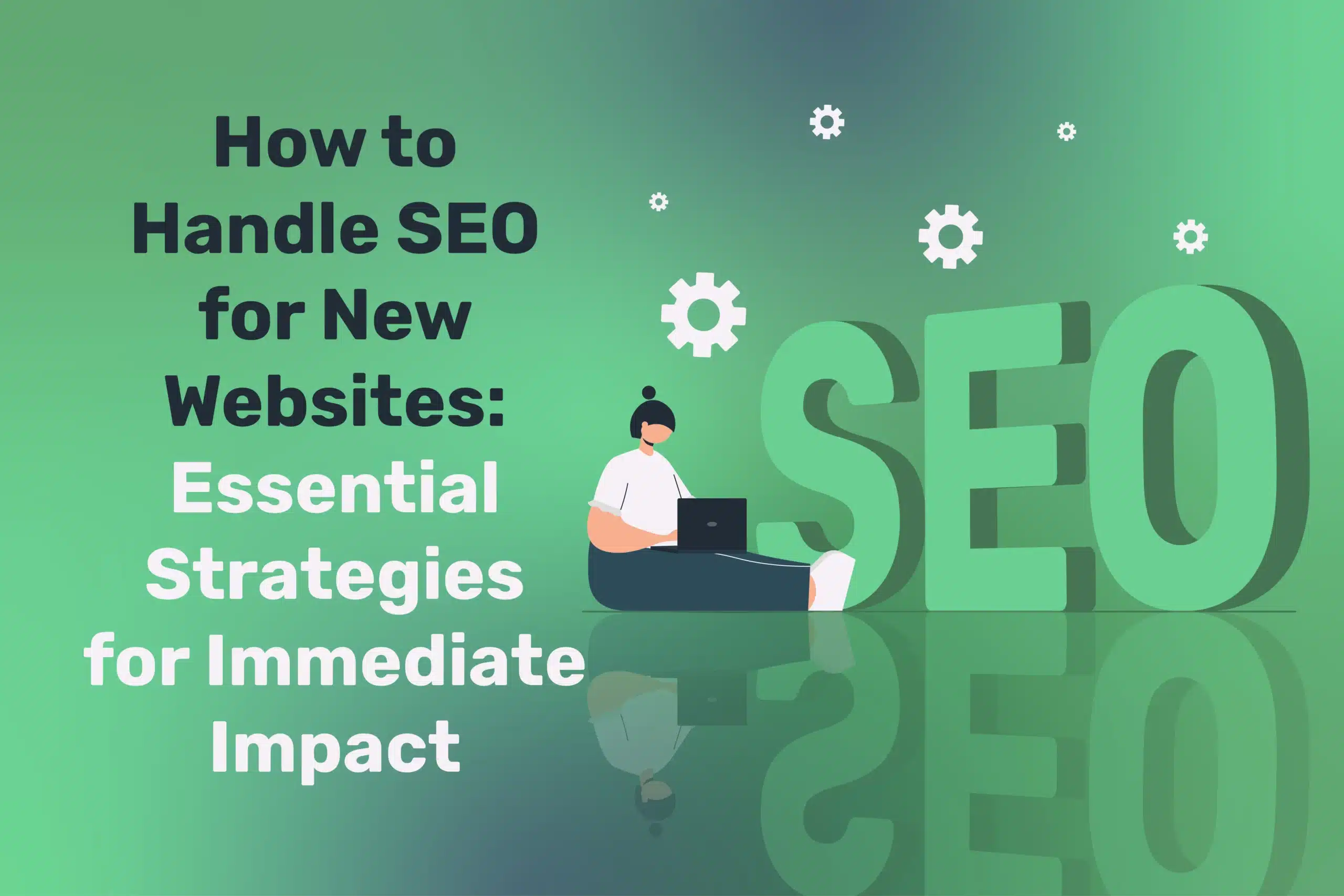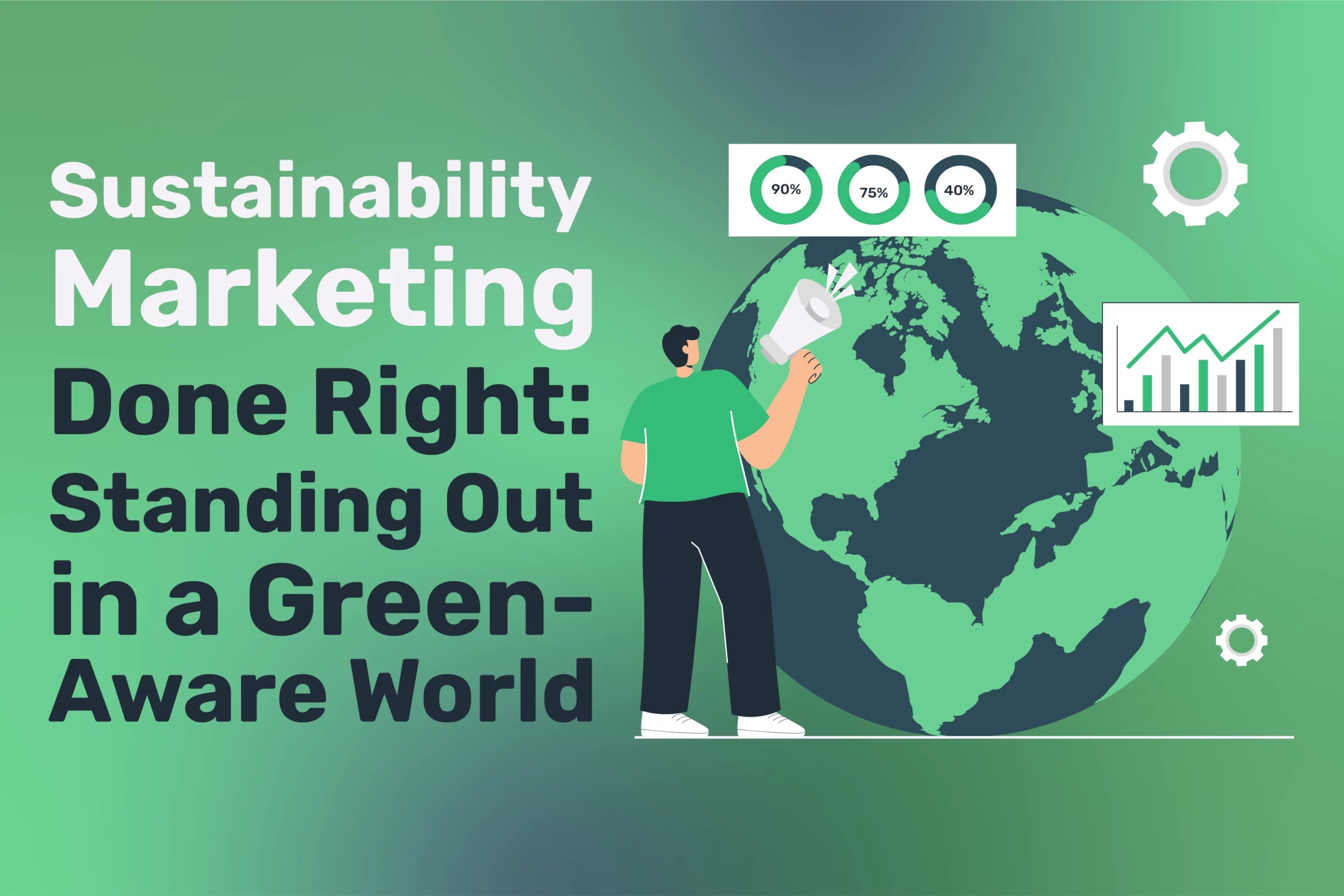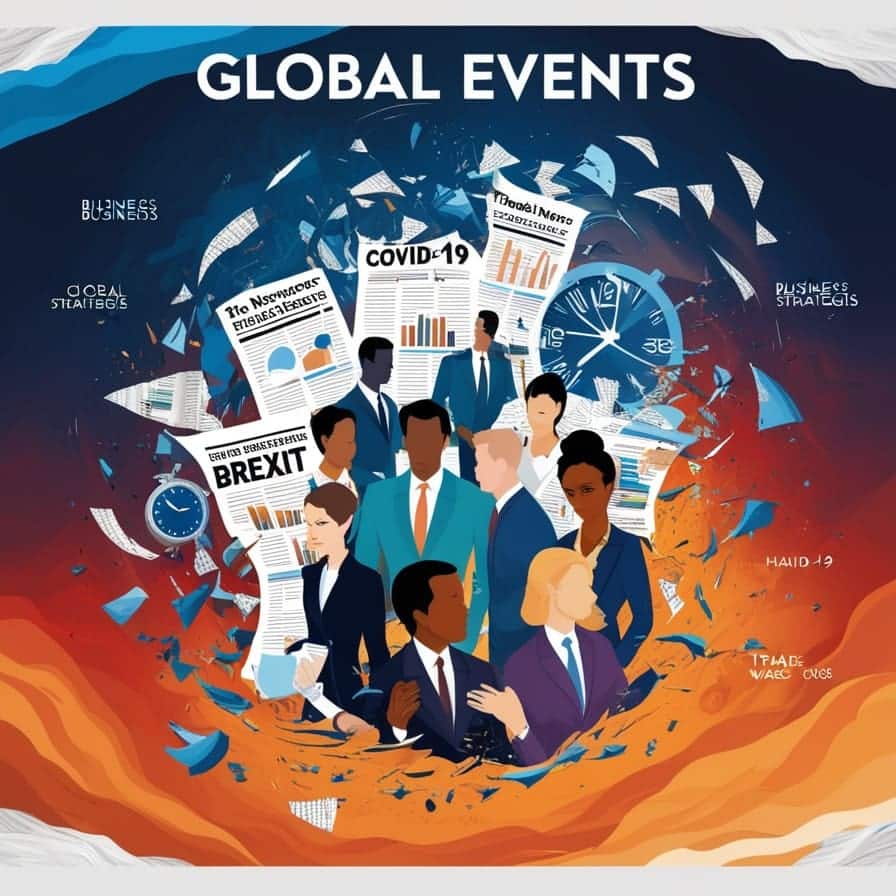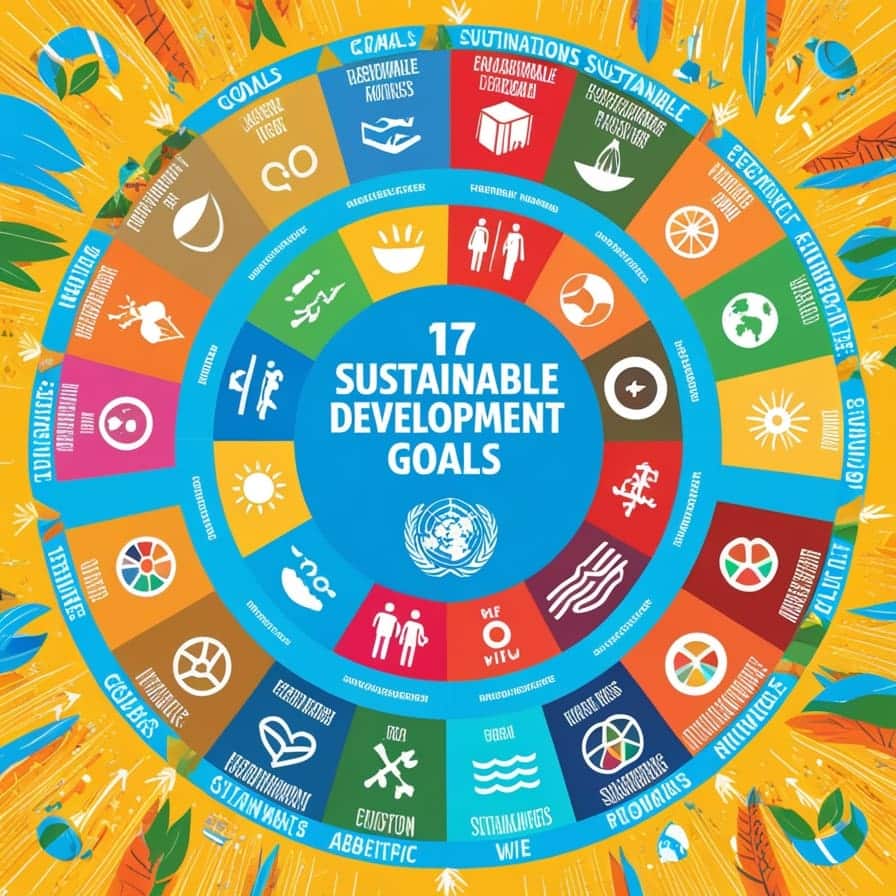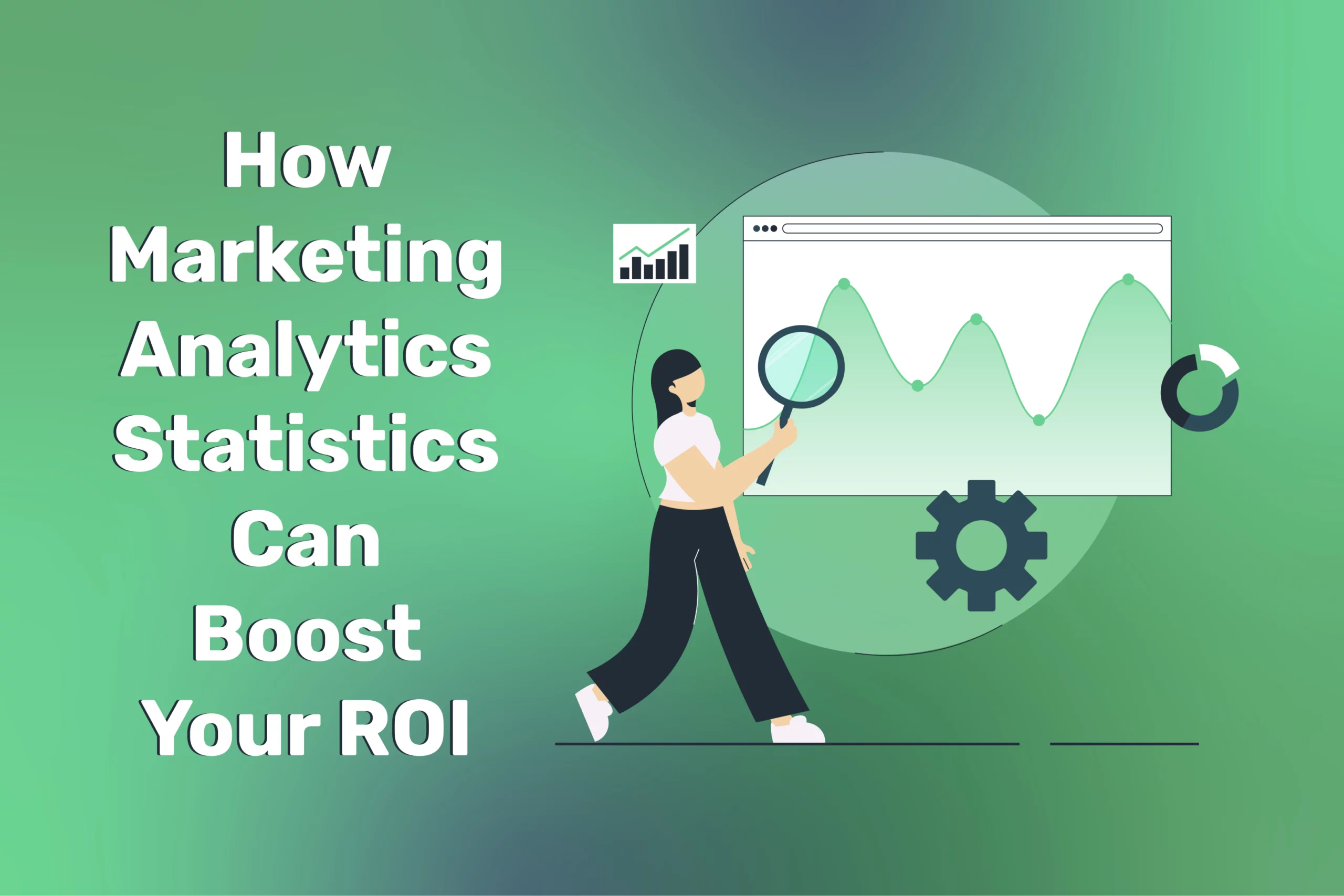Global Events That Affected Business Strategies in the Last Decade
The past decade has witnessed a remarkable evolution in business strategies, driven by a rapidly changing global landscape. The way businesses operate and startups enter the market has undergone a profound transformation, often on a yearly or even monthly basis. This rapid change is largely attributable to major global events that have reshaped the business environment.
Globalisation has interconnected the world, fostering a competitive environment where companies strive to become global players to capture the largest market share. This pursuit of global expansion has led to increased competition, technological advancements, and changing consumer behaviours.
Important Definitions
Before we begin listing the main events that changed the shape of business worldwide, let’s review some important definitions.
What is Globalisation?
Globalisation, in essence, is the process of viewing the entire world as a single, interconnected marketplace rather than a collection of separate, independent markets. This interconnectedness is driven by factors such as international trade, investment, and technological advancements.
To succeed in this globalised era, companies must adopt a flexible and adaptable approach to their business strategies. This includes:
- Cultural Sensitivity: Understanding and respecting diverse cultures is crucial for effective global operations. Companies must tailor their products, marketing messages, and business practices to suit local preferences and values.
- Strategic Flexibility: The ability to quickly adapt to changing market conditions, technological advancements, and global events is essential. This requires a proactive approach to identifying trends, anticipating challenges, and making timely adjustments to business strategies.
- Risk Management: Entering global markets involves significant risks, including:
- Technological Disparity: Rapid advancements in technology can create competitive challenges and require companies to invest in research and development to stay ahead.
- Labour Costs and Availability: Differences in labour costs and availability can impact production costs and operational efficiency.
- Cultural Nuances: Misunderstanding cultural differences can lead to marketing blunders, communication breakdowns, and strained relationships with customers and partners.
- Political, Economic, and Social Factors: Global events such as political instability, economic crises, and social unrest can disrupt business operations and supply chains.
To mitigate these risks, companies must conduct thorough market research, build strong relationships with local partners, and develop contingency plans to address potential challenges.
Interconnectedness of Global Events
A key characteristic of globalisation is the interconnectedness of events worldwide. What happens in one country can have far-reaching consequences for businesses operating in other parts of the globe. For example, a political crisis in one region can disrupt supply chains, impact consumer confidence, and influence exchange rates.
To navigate this interconnected world, companies must:
- Build Resilient Supply Chains: Diversify supply chains to reduce dependence on a single region and mitigate risks associated with disruptions.
- Monitor Global Trends: Stay informed about geopolitical developments, economic indicators, and social trends that could affect their business.
- Develop Contingency Plans: Prepare for potential disruptions and have alternative strategies in place to minimise the impact of unforeseen events.
What is an Event?
An event is an important social, political, educational, scientific, or natural occurrence that happens on a huge scale, affecting a wide range of people, either voluntarily or involuntarily. They take place either planned or unplanned and influence the reaction of affected parties. Thus, they, by definition, affect business, whether in the short-term or the long-term, depending on the type and level of influence this event had on local, international or global markets.
What is a Global Market Share?
It is the company’s percentage of revenue, market cap, total liabilities, total debt, and other indicators compared to other global companies. The US has the largest number of companies in the top 100 companies around the world, according to 2021 statistics. Apple Inc. is on top of the list with a market capitalisation of nearly 2640 billion dollars.
Major Global Events Affecting Business During the Past Decade
Sudden global events, whether pandemics, political changes, environmental challenges or social movements, affect the way business works greatly. It is a challenge for business strategists to forecast and adapt accordingly. Let’s review some examples and investigate how they affect business today.
COVID-19 Pandemic
Of course, we were all affected by the 2020 pandemic outbreak. But how did it reshape the way business works?
Just to recap, the pandemic forced the world to stop. People were forced to quarantine and into extreme social distancing behaviours. An atmosphere of fear and uncertainty arose. Companies that were unable to adapt to the new normal way of life were forced to terminate a huge number of employees or even be forced out of business. This caused a global unemployment rate, which added to the life-threatening conditions the people had to endure.
Being forced to work from home and apply social distancing and sanitising measures, companies were forced to implement new strategies. Companies that were on top of technological advancement and secured the highest revenues and market share managed to survive with recoverable losses. On the other hand, new startups and small organisations suffered.
Of course, being forced to work remotely proved the ability to do business from the comfort of being at home. Companies realised that the future is working from home, which ultimately reduces costs.
Developing countries were forced to accelerate their future plans for digital transformation. Egypt, for example, though not ready with capable infrastructure, made an effort for remote access, especially in the education sector. This step was necessary as the decision-makers could not risk putting children in danger, especially amidst the hospital crisis, the shortage of staff, and the lack of vacant spaces to serve patients.
Expo 2020 Dubai from 1 October 2021 to 31 March 2022
Expo Dubai is a large international exhibition postponed from 2020 to 2021 due to COVID-19. The exhibition, under the slogan “Connecting minds, creating the future”, was located between Dubai and Abu Dhabi in the United Arab Emirates. It featured more than 192 Pavilions representing different countries. An exhibition that had an unprecedented impact on the host country and other beneficiaries’ businesses.
Involved expo stand builders constructed attractive, engaging displays for countries and sponsors to maximise participating values. The United Arab Emirates stock market increased due to the number of people visiting the country, reaching over 25 million visitors to the Expo. It is an example of how a properly planned and organised occasion can affect a whole country’s business and market share.
United Nations Sustainable Development Goals (SDGs)
The 17 SDGs goals announced by the UN that focus on three interconnected pillars, Social, Environmental, and Economic, made a huge shift in global business strategies. It is about the responsibility of decision-makers and individuals to the environment to save resources for future generations. Going Green is a crucial entity to adhere to in any company. It was a revolutionary agreement. Finally, it was realised that preserving the environment and supporting developing and least developed countries are interconnected and do not only depend on improving the environmental related research and solutions. Because the element of the environment alone only solves one-third of the problem.
“Those who contemplate the beauty of the earth find reserves of strength that will endure as long as life lasts. There is something infinitely healing in the repeated refrains of nature — the assurance that dawn comes after night, and spring after winter”
Rachel Carson, Silent Spring
Brexit
In January 2021, the United Kingdom officially ceased to be one of the European Union countries. As a result, the United Kingdom’s business and trade borders were highly affected. They were forced to follow new rules that were not there before under the European Union’s policy. This created a challenging situation for every affected party inside and outside the UK.
Social Movements
Social movements addressing human rights related to ethnic background or gender greatly affect the success of any global business. To succeed in a globally based institution, business decision-makers must avoid any controversial or offensive issues addressed worldwide. We find companies regularly announcing their stance for equal chances and unbiased orientation on their different official platforms.
The Black Lives Matters Campaign
One of the most important movements is the 2013 Black Lives Matter Campaign in the United States. The campaign focused on the fight against racism. They voiced their frustration against the injustice inflicted upon black people, especially by the authorities in the United States.
The term began as a social media hashtag that went viral after the death of Trayvon Martin in Florida. Martin was a 17-year-old kid who a neighbourhood watch volunteer shot. The campaign attracted lots of supporters after the unjust killing of several black people by policemen in the U.S.
“Me Too” Campaign
Another social movement is the Me Too Campaign, founded by activist Tarana Burke in 2006. It focused on shedding light on the sexual harassment issue and how common and regular it happens.
“When your life is forever changed by sexual violence, where can you turn? Who can help you? What are the words you need to hear most?”
Tarana Burke.
“He for She” Campaign
One final example of a social movement is the He for She campaign, launched in the United States in 2014. The movement focuses on gender rights issues and how inequality actions affect the whole community socially, politically and economically. This movement also adheres to one of the UN SDG goals mentioned in this article.
Conclusion
Building a successful business strategy in today’s globalised world requires a multifaceted approach that extends beyond traditional business considerations. Business owners must not only focus on their core operations and market analysis but also stay informed about the latest global events.
Political, environmental, and social developments can significantly impact the business landscape. By staying abreast of these events, businesses can anticipate potential challenges, mitigate risks, and seize opportunities. Failure to consider these factors can lead to conflicts and setbacks in the market.
In conclusion, building a resilient and sustainable business strategy in today’s interconnected world necessitates a comprehensive understanding of both internal and external factors. By staying informed, adaptable, and responsive to global events, businesses can navigate the complexities of the modern business landscape and achieve long-term success.
